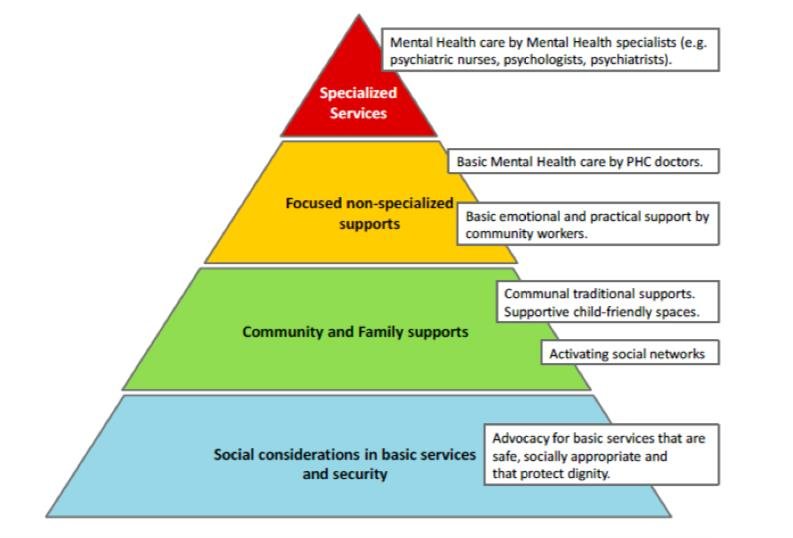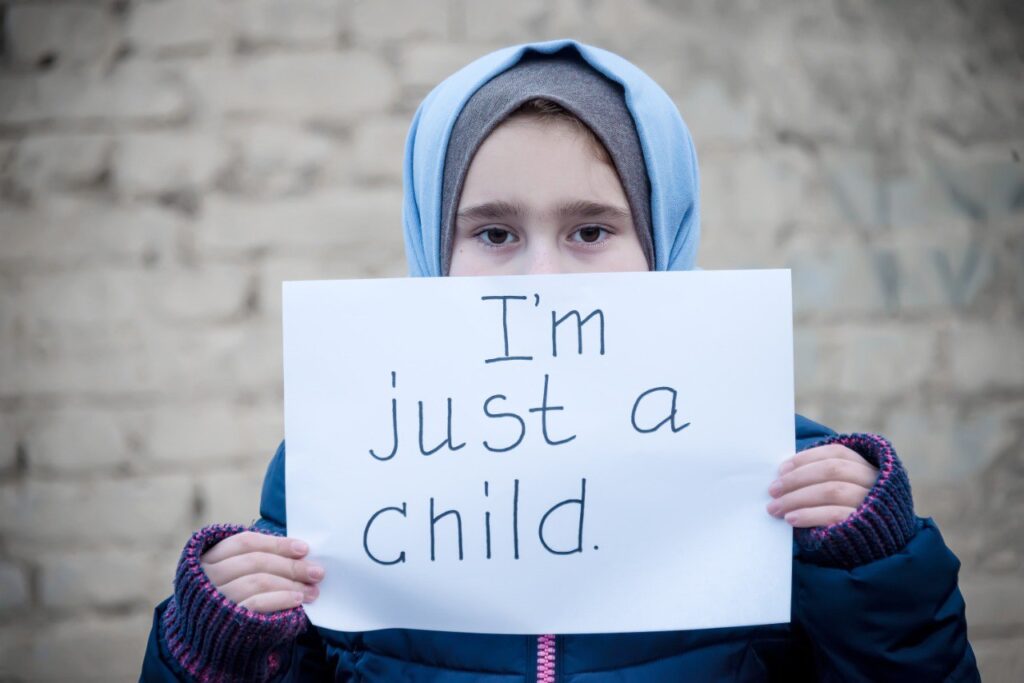The Syrian Refugees: Caught Between War and Winter
The Syrian refugee crisis is one of the most pressing humanitarian crises of our time. These camps are often overcrowded and unsanitary, and they offer little protection from the harsh winter weather.
The Challenges of Winter
The winter weather poses a number of challenges for Syrian refugees. These challenges include:
- Cold temperatures: Refugees living in tents or other temporary shelters are at risk of hypothermia and other cold-related illnesses.
- Snow and rain: Snow and rain can make it difficult to access food, water, and medical care.
- Increased disease risk: Cold weather can lead to the spread of respiratory infections and other diseases.
- Mental health challenges: The stress of winter weather can worsen mental health problems, such as anxiety and depression.
The Conditions in Syrian Refugee Camps
The conditions in Syrian refugee camps are often dire. The tents are often flimsy and rickety, and they offer little protection from the elements. The camps are often overcrowded, and there is a lack of access to clean water, sanitation, and healthcare.
The Impact of Winter on Syrian Refugees
The winter weather has a devastating impact on Syrian refugees. Cold temperatures can lead to hypothermia and other cold-related illnesses. Snow and rain can make it difficult to access food, water, and medical care. The increased risk of disease can lead to outbreaks of respiratory infections and other illnesses. The stress of winter weather can worsen mental health problems.
The Suffering of the Most Vulnerable
The most vulnerable refugees are the most affected by the winter weather. Children, the elderly, and the sick are at particular risk. Children are more likely to get sick in cold weather, and the elderly are more likely to suffer from hypothermia. The sick are more likely to have their conditions exacerbated by the cold weather.
Where is the International Community?
The international community has a responsibility to help Syrian refugees. However, the response to the crisis has been inadequate.
Where are the Humanitarian Organizations?
Humanitarian organizations are working to help Syrian refugees, but they are under-resourced. They are struggling to meet the needs of the millions of refugees who are in need.
Recommendations
There are a number of things that can be done to help Syrian refugees prepare for the winter. These include:
- Improved access to shelter: Refugees need access to warm, dry shelters that are well-insulated.
- Increased access to winter clothing and supplies: Refugees need access to warm clothing, blankets, and other winter supplies.
- Improved access to food and water: Refugees need access to food and water that is safe to consume.
- Improved access to healthcare: Refugees need access to healthcare to prevent and treat cold-related illnesses.
- Mental health services: Refugees need access to mental health services to cope with the stress of winter weather.
The winter of 2023-2024 is expected to be a difficult time for Syrian refugees. The international community needs to take action to help these vulnerable people prepare for the harsh weather. By providing adequate shelter, winter clothing and supplies, access to food and water, healthcare, and mental health services, we can help Syrian refugees survive the winter and rebuild their lives.
The winter weather in Syria can be harsh, with temperatures dropping below freezing and snow and rain falling frequently. This weather poses a serious threat to the health of Syrian refugees, who are often already vulnerable to disease and malnutrition.
The tents that refugees live in are often flimsy and rickety, and they offer little protection from the elements. They are often made of plastic or canvas, and they can easily be torn or blown away by the wind. The camps themselves are often overcrowded and unsanitary, and they lack access to basic amenities such as clean water, sanitation, and healthcare.
The suffering of Syrian refugees is particularly severe in the winter. The cold weather can make it difficult to sleep, to stay warm, and to access food and water. Refugees often have to go without food or water for days at a time, and they are at increased risk of contracting diseases such as pneumonia and hypothermia.
Children, the elderly, and the sick are the most vulnerable to the harsh winter weather.


